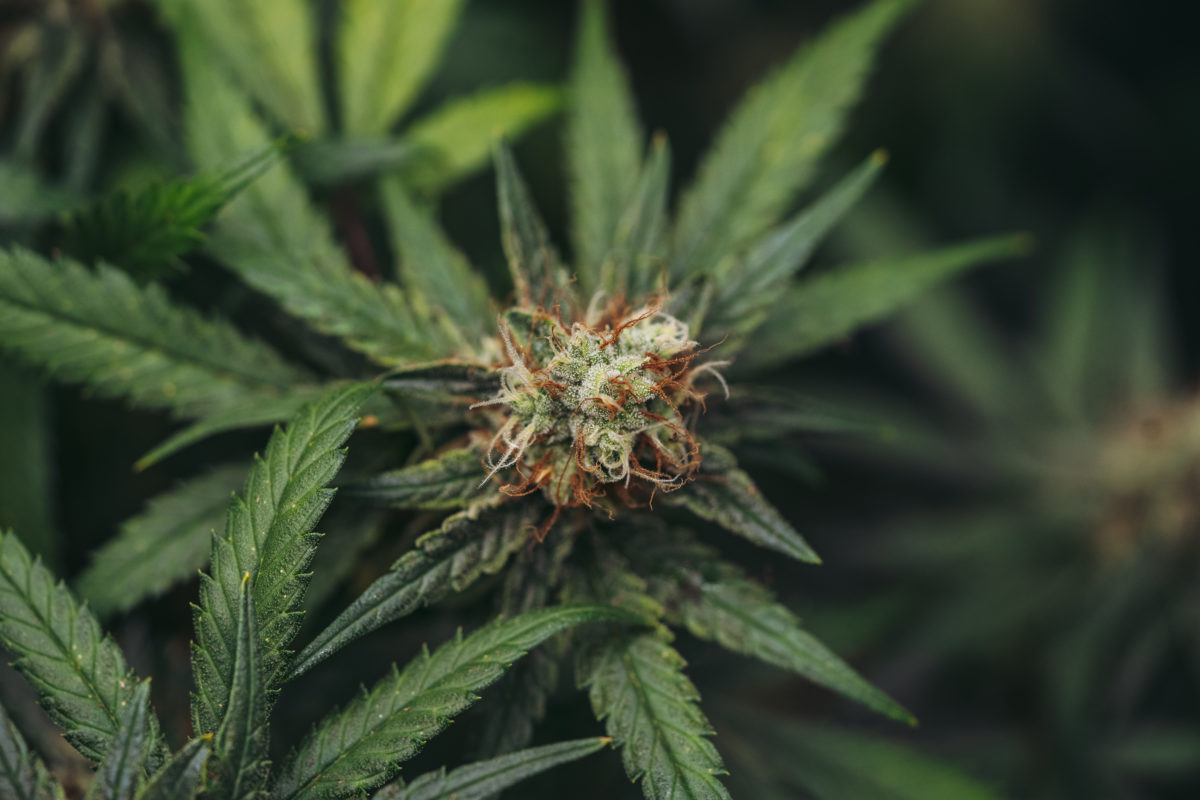As we celebrate Black History Month, we must reflect on the critical role that African Americans had (and continue to have) in the world of cannabis cultivation and culture.
Black history intertwines with the roots of the cannabis industry–a fact that can’t be emphasized enough. As the industry evolves into a more inclusive and diverse space, there is still much room for improvement. Issues requiring urgent changes in the legal framework and public perception keep the industry from advancing.
Now, let’s explore how African American history connects to the history of cannabis in the United States and the challenges that remain.
The Hemp Industry Relied Heavily on Slavery
In America’s formative years, the colonies were expected (and even mandated by law) to grow hemp. But unfortunately, this piece of history is often brushed aside when discussing America’s more popularly known crops (like cotton, sugar, tobacco, and flax).
Many people don’t know hemp was a primary fiber in nearly all clothing produced at that time. Other goods like canvas ship sails and ropes also used hemp, which ensured naval superiority and trade. Without the slave population, who were forced to work for free or for meager wages, it would have been impossible for hemp to have taken off as it did.
“Reefer Madness” Took Over America, Causing Lasting Issues
In the early 1900s, hemp still played a vital role in producing everyday goods. However, as Mexican immigration to the U.S. rose, so did the popularity of recreational cannabis. To stop the public from reaping the benefits of the plant, the 1936 movie “Reefer Madness” was released.
The film depicted first-time smokers going insane and committing various awful crimes. In addition, the man responsible for the film, Harry Anslinger, made disparaging statements attempting to tie people of color to imaginary marijuana-fueled crimes of violence.
Shortly after, the Marihuana Tax Act of 1937 was passed thanks to that same man, and cannabis sales became taxed for the first time.
The War on Drugs Criminalized the Plant, Sparking Further Racial and Social Divide
Attempts to demonize the plant continued to evolve, leading up to total prohibition at the hands of the Nixon party in 1971 with the Controlled Substances Act, which ignited the War on Drugs.
This act allowed the government to penalize and silence groups they falsely perceived as enemies of the state—those who protested for peace and people of color (many of whom were Black). Moreover, against his commission’s recommendation, which recommended decriminalizing marijuana and allowing personal use, marijuana was classified as Schedule One drug, the most restrictive drug category.
Though several states enjoyed a brief period of marijuana decriminalization shortly after, the backlash against the plant intensified, leading to mass incarcerations of people of color. Many of the thousands of people incarcerated for minuscule amounts of the plant remain behind bars today, even in states where cannabis has become legal. In addition, most “drug busts” in the country still target marijuana.
Finally, after decades of legal reform and changing views on the benefits of medical marijuana, changes have been made. Key organizations, such as the Drug Policy Alliance, have made significant progress in educating the nation on the benefits of cannabis, including reducing widespread drug use and drug overdose deaths caused by drugs like opioids.
Today’s Medical Marijuana Community Continues to Grow in Diversity and Equality
Fast forward to today, where recreational cannabis is currently legal in 18 states.
Medical cannabis prescribed by a doctor is now allowed in 36 states, the District of Columbia, and four U.S. territories. Marijuana permeates nearly every aspect of American culture, from clothing, music, and art to food and medicine. Many once viewed it as a negative aspect of Black culture, but now things are beginning to change. Dispensaries like FLUENT enjoy a workforce and patient base filled with diversity, inclusiveness, and belonging, where each person is heard and valued above all.
This Black History Month, we are grateful for every person who was and is a member of the cannabis community. We look forward to serving you with the highest quality products and customer service in the industry, and we look forward to cultivating a climate of equality in which everyone receives the dignity and respect they deserve.
For more information about our medical marijuana products or to place an order,
please call +1 (833) 735.8368 or Visit Your Local Dispensary today.
